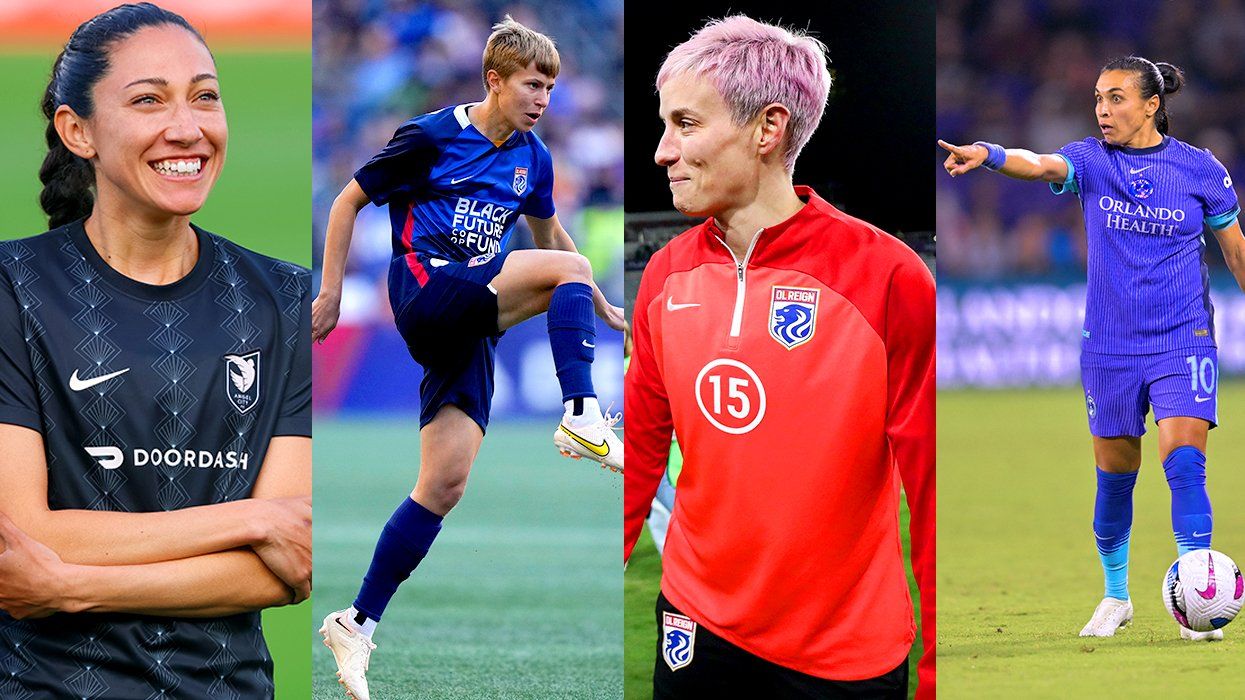I was sixteen and a sophomore at Providence Day School in Charlotte, North Carolina when a teacher of mine approached me to see if I would be interested in forming a gay-straight alliance. I’ve always been up for a challenge, and equality remains a top priority of mine, so I immediately signed on to help. If I’m honest though, the idea of a GSA seemed more like an adventure than a calling at the time. We were not recognized as an official club by the school, so about ten students met every other week in the loft about the theatre, crouching on old set pieces in the dark. It was new and exciting to me, and I had no idea that my life was about to change.
It wasn’t until the school year ended that my journey with the club began. The little group left for summer without a much of a plan, no leadership, and a shaky future. I wondered what my involvement was meant to be. Itching to find out, I set out to do some research. The first story I came to was Matthew Shepard.
Surely, we’ve all heard the story of Matthew, the twenty-one year old college student who was beaten and tied to a fence in Laramie, Wyoming over ten years ago. But it wasn’t Matthew’s death that inspired me. In Matthew, I found pieces of myself: like him, I stand at just five feet and two inches, am still wearing braces since the age of ten, thrive in the theatre, and above all, I fiercely love people. We share a love of languages, travel, and cultures that differ from our own. A love for striking up conversations-- and often debates-- in coffee shops, classrooms, or on the sidewalk. A love that fuels a desire to change the world. Like me, Matthew was beginning to find his voice before it was stolen from him. Unlike me, however, Matthew left much more work to be done in the world. It was Matthew, and the students that I knew existed in silence at my school, that inspired me to act.
When school resumed, I marched into the GSA advisor’s office and demanded a leadership position. In a whirlwind, it seemed, I was chosen to serve as co-President of the club. Things started out smoothly: other officers were elected, regular meetings were held in more conventional meeting places, and in time we weren’t so afraid to speak openly about our work.
Suddenly, things began to change. Providence Day School is a place where all kinds of students are given the opportunities to thrive, but there are people everywhere who would rather stick to the status quo. Surprisingly, it was the parents that created problems for us. Students saw the GSA as a sign of our school’s natural progression. The parents saw it was a radical gay agenda sweeping over the classrooms. Our future once again felt very uncertain. Surveys were passed among parents, trying to gather support to have our club shut down. Threats were made against our headmaster, stating that families would leave Providence Day if he continued to allow us to meet. I’d never before been a prominent figure at school; suddenly everyone knew who I was and parents thought I was their worst enemy.
For months, the GSA was under very serious scrutiny. Everything we did was monitored to be sure that we weren’t affiliated with any “gay organization” or promoting any political agenda (although Young Republicans and Young Democrats were still going strong). It came to a crescendo when we were forced to change our name from the Gay-Straight Alliance to the Human Rights Alliance. While it was a small price to pay in the end, at the time it felt like we were being forced to change the foundation of who we were and what we represented.
Eventually, the headmaster called a meeting with the angry parents to put their minds at ease. Our auditorium of five-hundred seats was filled. Very hurtful accusations against the Human Rights Alliance and me were thrown, and I worried that the administration would buckle under pressure and shut us down. The tension was unbearable, and I felt like I was facing McCarthy rather than the parents of my friends. Luckily, our administration stood strong in the face of adversary and we were able to keep the HRA. We’ve been able to plan widely attended events like the Day of Silence Luncheon and various roundtable discussions with students and faculty.
It’s been almost a year since the painful controversy that the HRA generated, and I still get chills walking into every meeting. Serving as the president of such a strong-willed, committed group has been the defining experience of my life thus far. Receiving the Trailblazer Award from the HRC is the greatest honor, though I wish there was no need for it. I want to continue my work so that in the future, gay rights will be common, and those who work for them will just be good, compassionate people rather than trailblazers. If I’ve learned anything, it’s that though you may face a sea of dissent, there is support for you around every corner. The first step is reaching out for it.








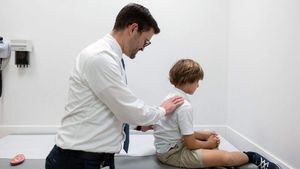

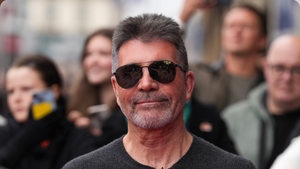


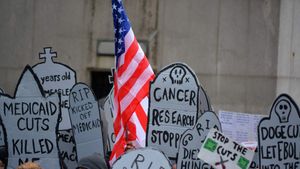
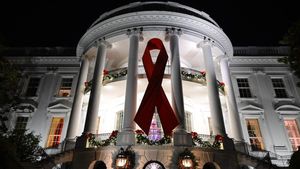
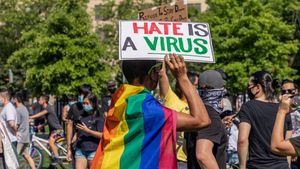
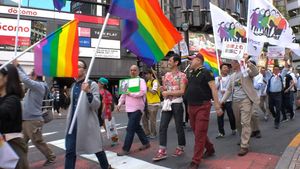










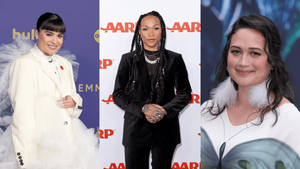


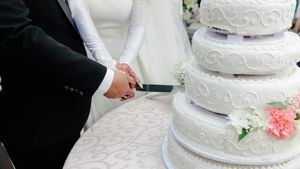



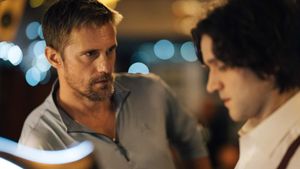


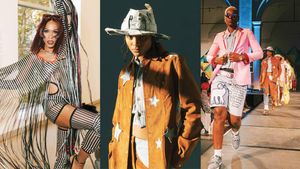

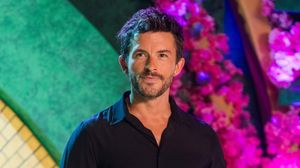


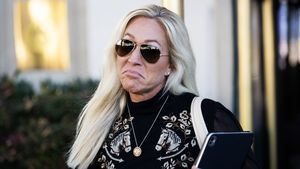
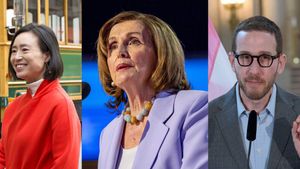
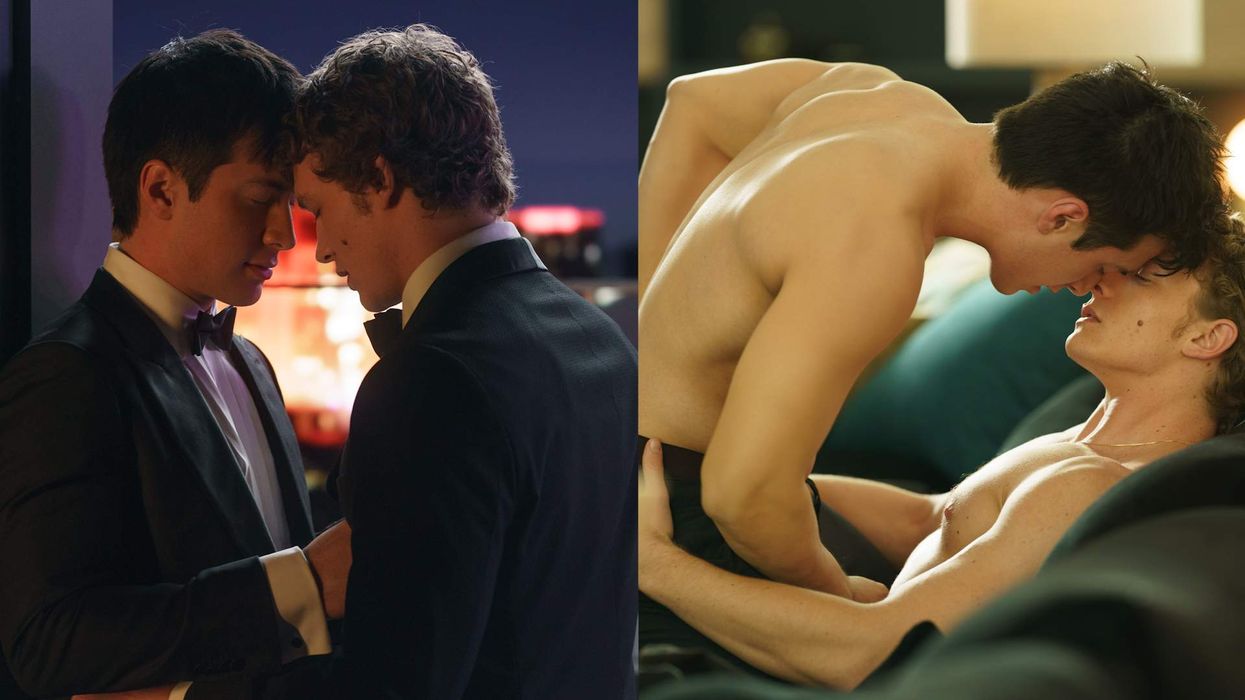
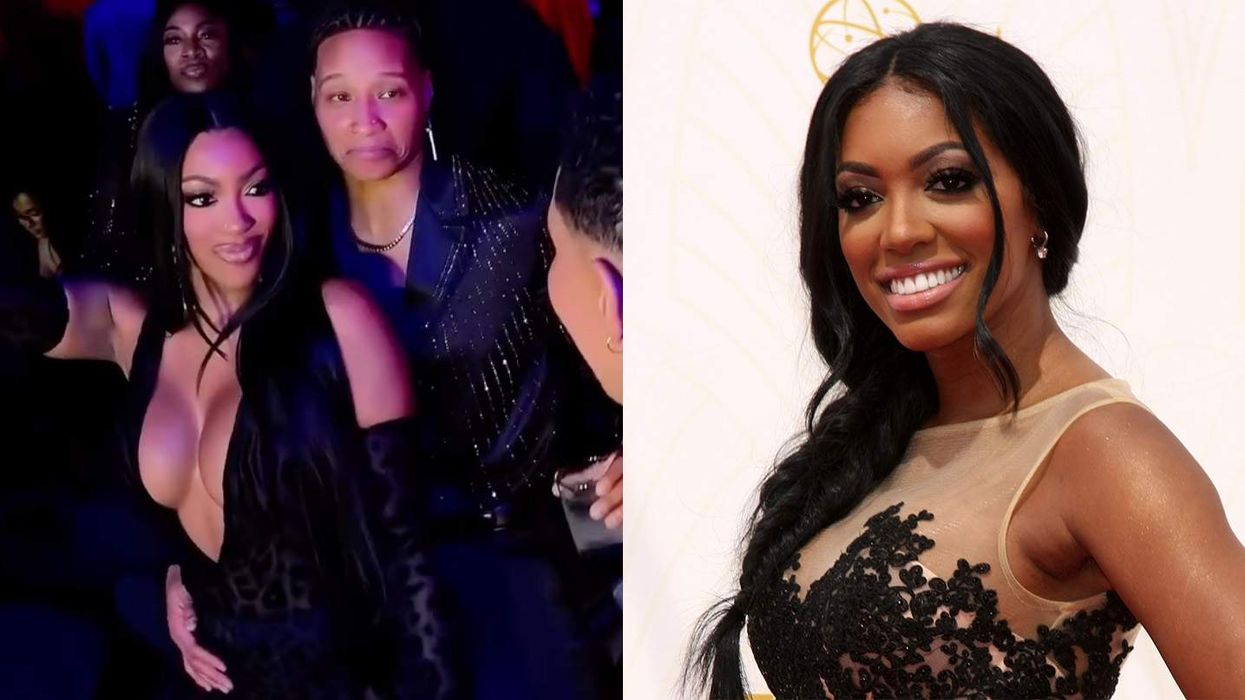

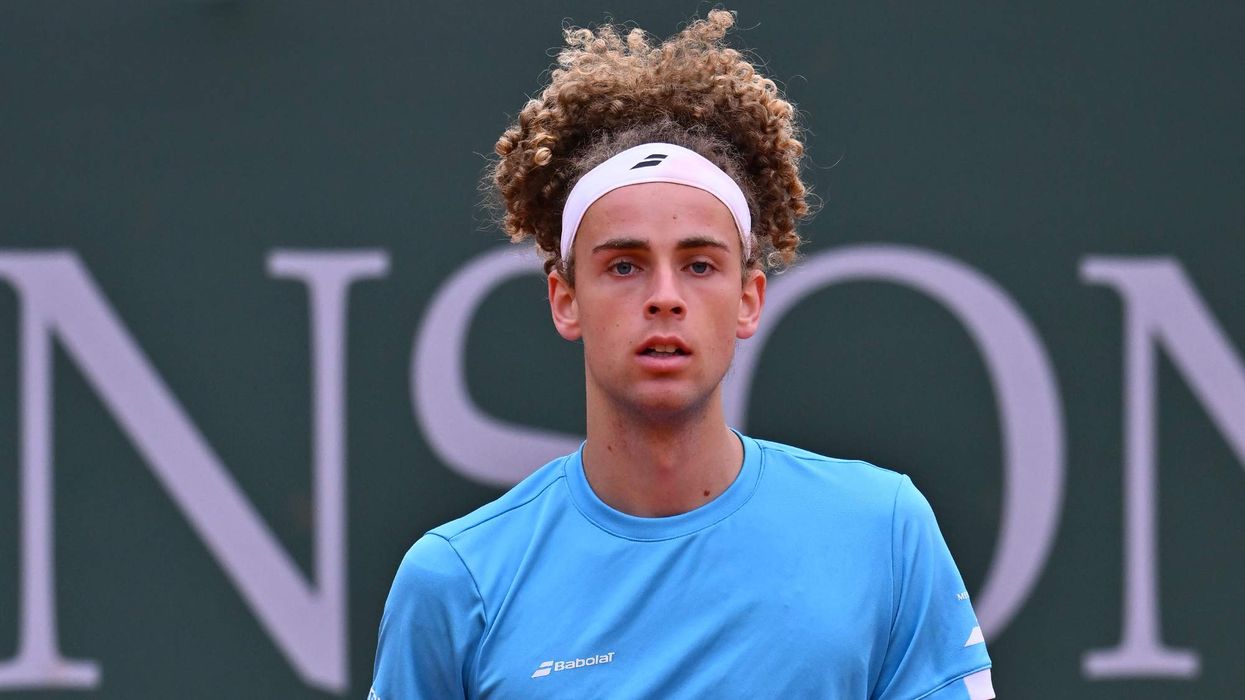































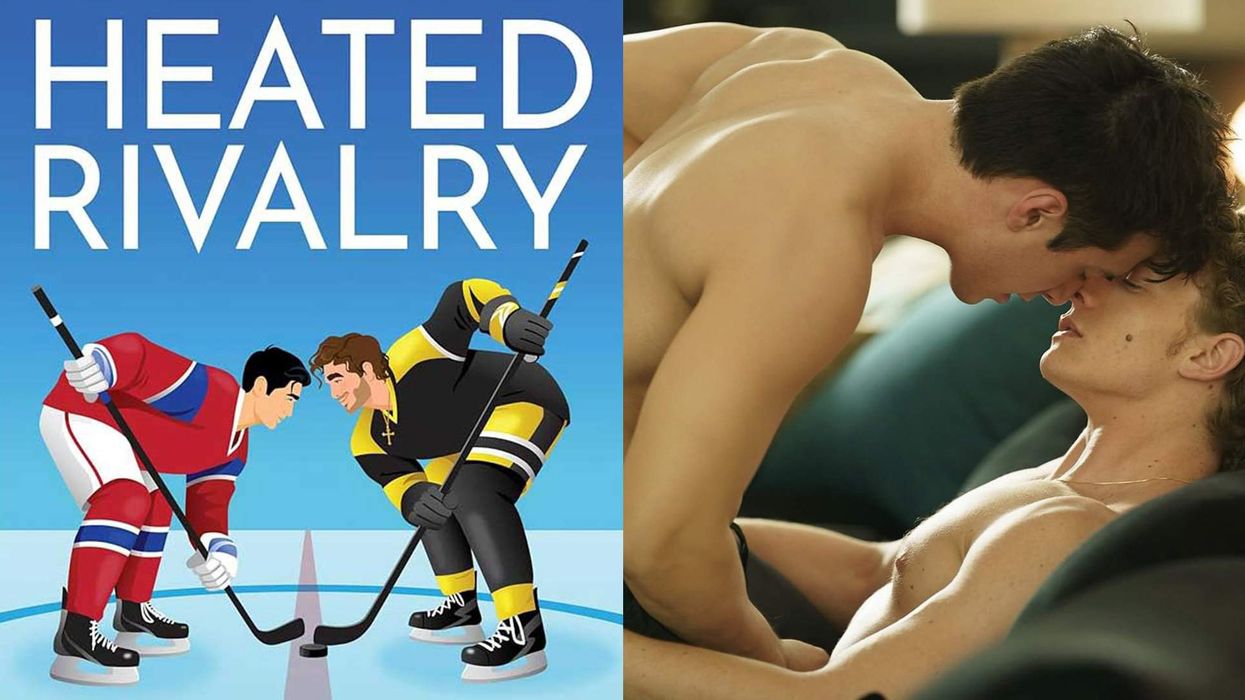
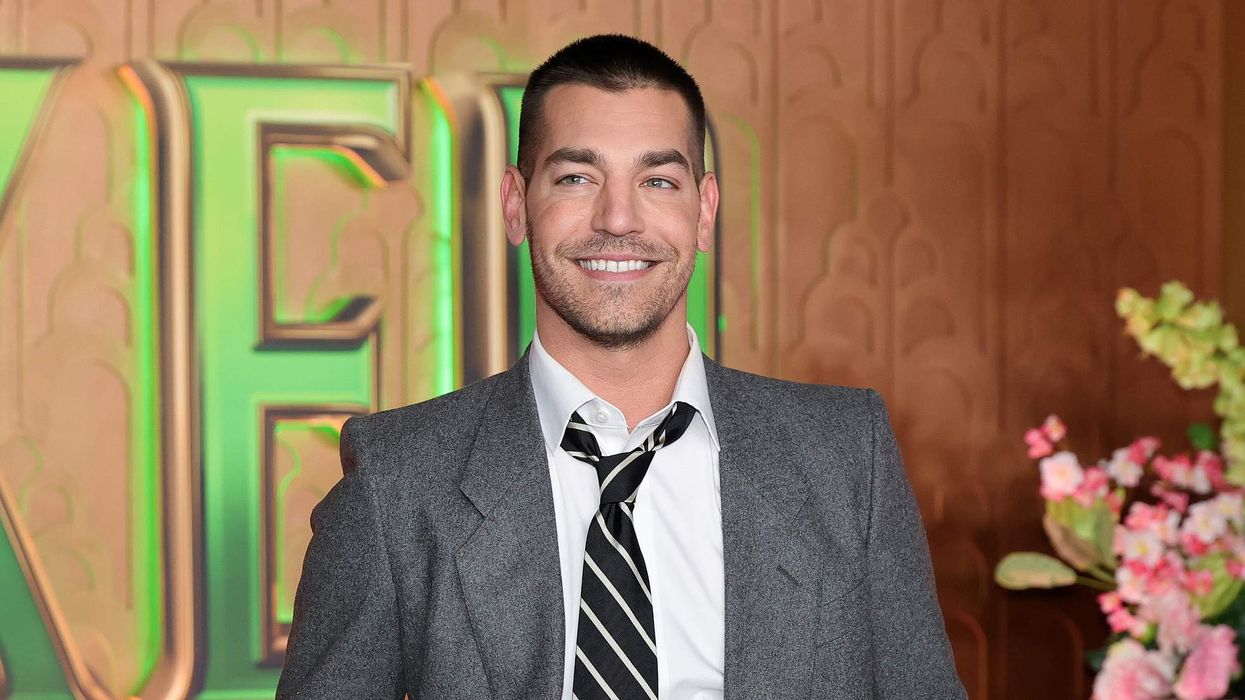
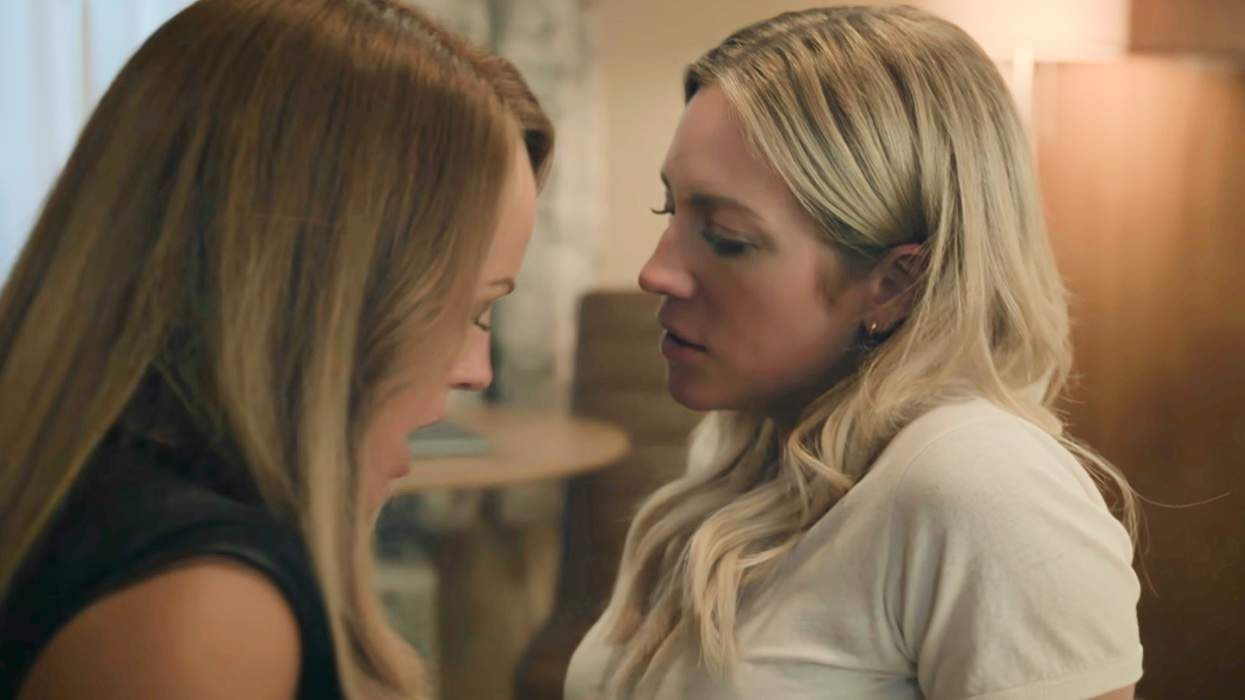
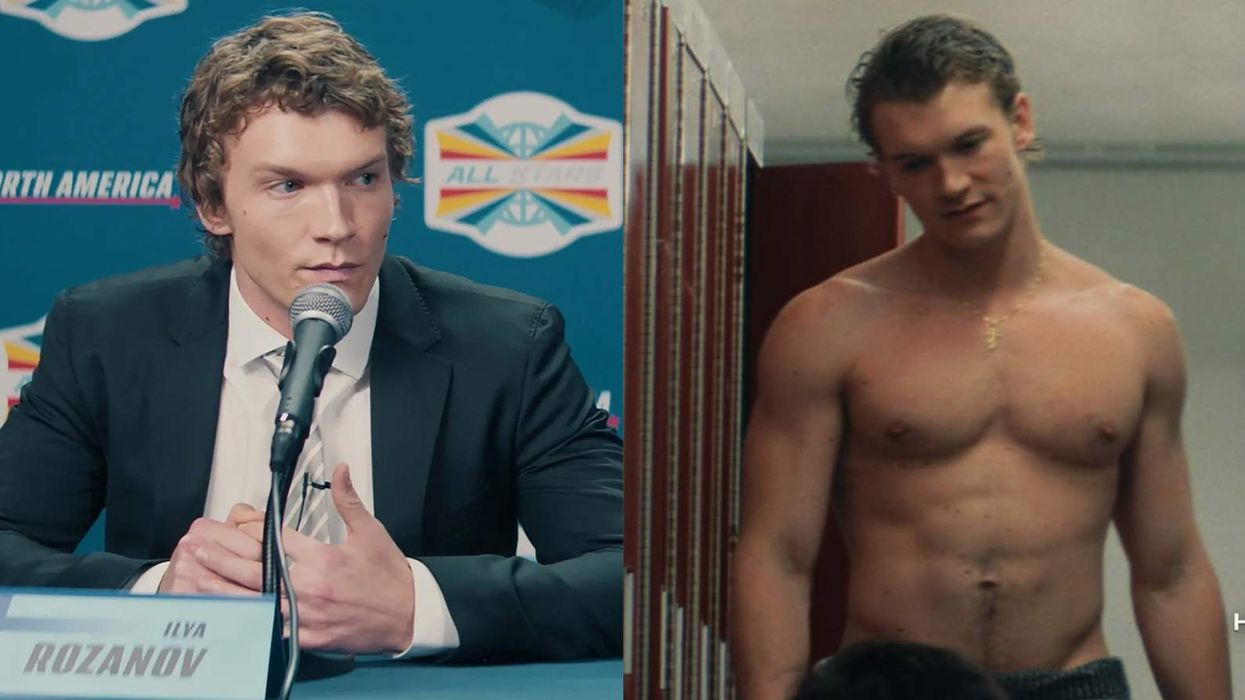
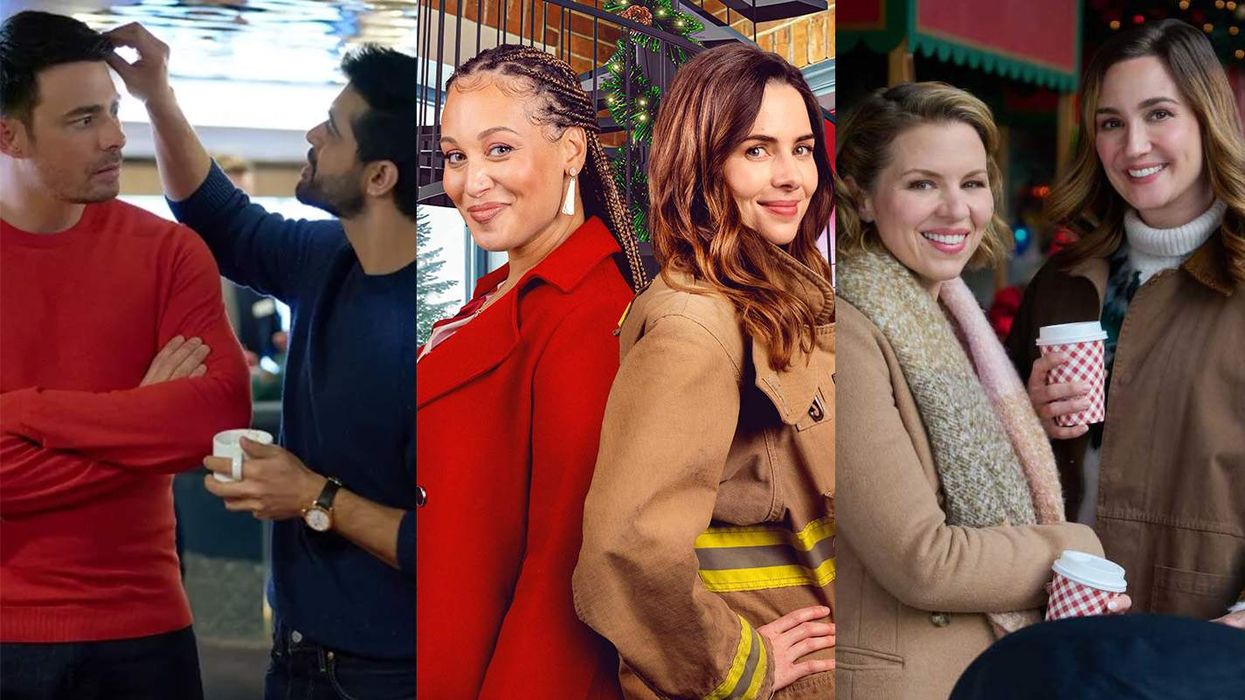

 Cindy Ord/Getty Images
Cindy Ord/Getty Images
























